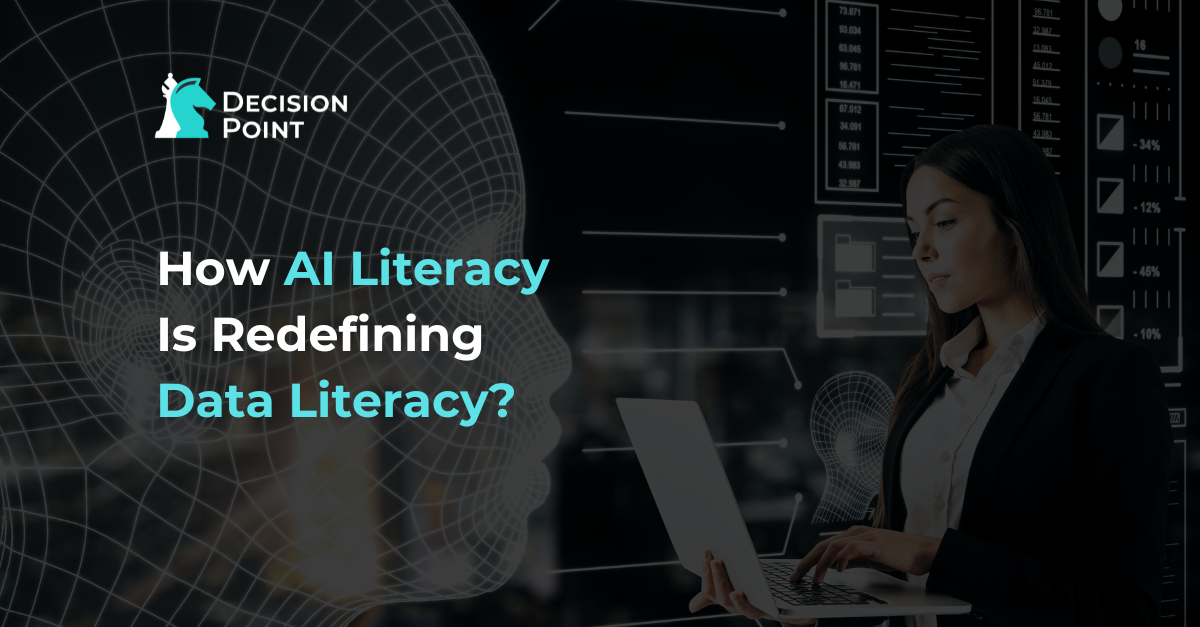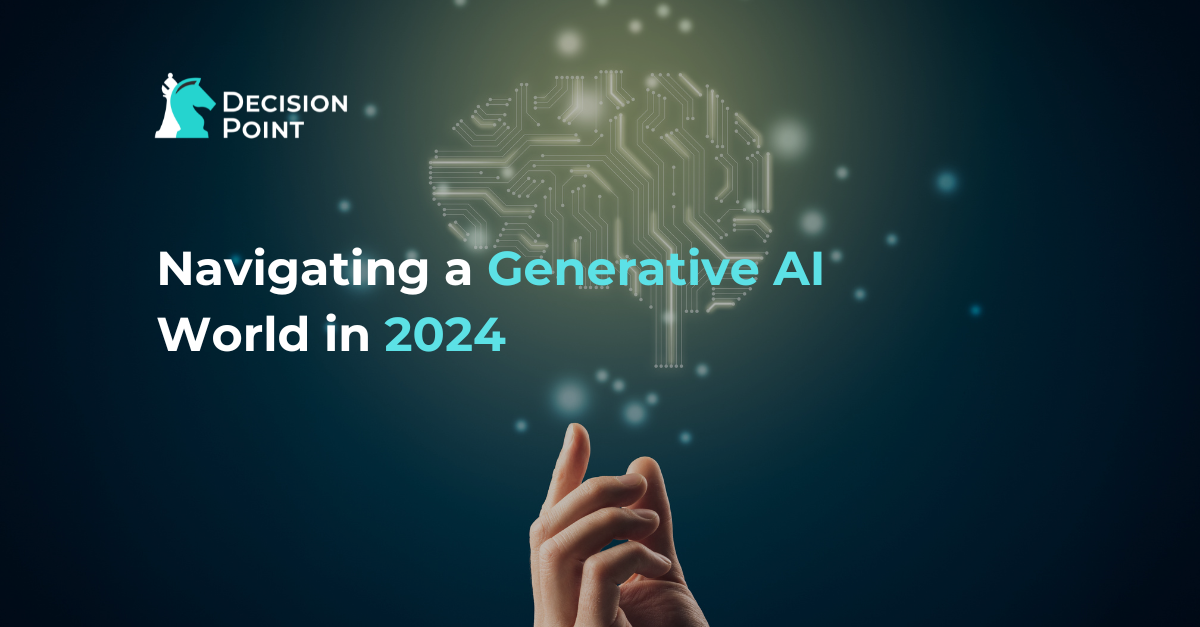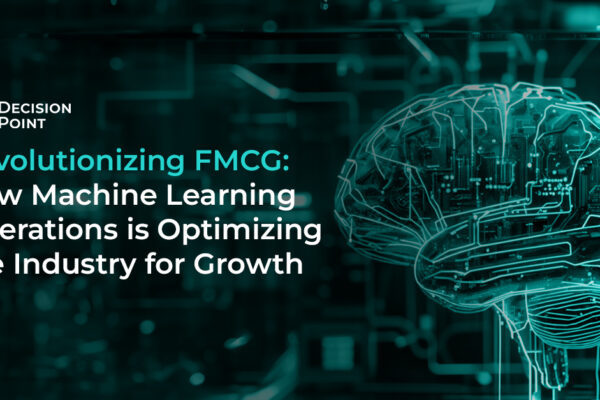In the ever-evolving landscape of modern business, the relationship between data and artificial intelligence is reshaping the way organizations operate. While data literacy has long been a cornerstone of informed decision-making, the emergence of AI literacy is now gaining prominence. The question arises: Is AI literacy the natural evolution of data literacy and what implications does it hold for businesses navigating the complexities of the digital age?
The Evolution of Data Literacy
Data literacy has been a linchpin for businesses seeking to leverage the power of information for strategic decision-making. As organizations struggle with an ever-expanding volume of data, the ability to interpret and derive actionable insights has become a crucial skill set.
According to “Forrester Building Data Literacy“, a report commissioned by Tableau, 58% of employers say data-literate employees make better decisions than non-data-literate employees, and 54% say data-literate employees make faster decisions, as well. The same report also indicates that 94% of decision-makers at a high level of data maturity say data literacy leads to increased innovation in their departments.
The Rise of AI Literacy
AI literacy goes beyond conventional data literacy, encompassing a nuanced understanding of machine learning algorithms, neural networks, and the broader AI landscape. McKinsey’s research underscores the significance of AI literacy, revealing that organizations harnessing AI’s full potential can potentially double their cash flow by 2030.
Why AI Literacy Matters
1. Informed Decision-Making with Advanced Analytics
AI literacy transcends the mere understanding of AI concepts; it empowers individuals to harness advanced analytics and machine learning models. Research indicates that organizations fortified with a robust foundation in data literacy, including AI literacy, exhibit a substantial improvement in decision-making accuracy and timeliness. Studies by renowned analytics institutes such as Gartner and Forrester highlight how AI-literate teams excel in unlocking transformative insights, driving innovation, and fostering continuous improvement.
2. Ethical Considerations and Bias Mitigation
A critical facet of AI literacy delves into ethical considerations and potential biases within algorithms. According to a survey conducted by the AI Now Institute, 87% of AI professionals believe addressing ethical implications is crucial. By understanding the ethical dimensions, individuals can contribute to responsible AI practices. The World Economic Forum’s emphasis on responsible AI governance underscores the necessity of AI literacy in mitigating biases, ensuring fairness, and upholding ethical standards.
3. Seamless Integration of AI Technologies
The pervasive influence of AI technologies across various business functions necessitates a workforce adept in AI literacy. Research from the International Data Corporation (IDC) reveals that companies with AI-literate employees experience smoother integration of AI tools into functions like marketing, finance, operations, and customer service. The versatility in handling tools like BeagleGPT leads to enhanced operational efficiency and a competitive edge in the dynamic business landscape.
4. Fostering a Culture of Innovation
Beyond being a technical skill, AI literacy acts as a catalyst for fostering a culture of innovation within companies. Case studies of successful AI-driven innovations, such as those from companies like Google and Amazon, emphasize how AI-literate employees actively explore and experiment with AI technologies. Companies embracing such a culture are statistically more likely to outperform competitors in terms of both growth and profitability, as substantiated by findings from innovation management research.
5. Career Advancement and Talent Retention
The job market dynamics are shifting, with AI literacy emerging as a key differentiator. Research by the World Economic Forum projects a significant increase in demand for AI skills in the coming years. Individuals equipped with AI literacy not only stand out in the job market but also contribute significantly to the success of their employers. Businesses that invest in AI education witness benefits not only in terms of a skilled and adaptable workforce but also in enhanced talent retention, as employees value organizations that prioritize continuous learning and skill development.
The Path Forward
To embrace AI literacy as the new data literacy, organizations must invest in comprehensive training programs and resources. A holistic approach is required for a successful AI adoption with a blend of technology, people, and processes.
The convergence of AI literacy with data literacy marks a transformative phase in how businesses navigate the digital landscape. As AI becomes an integral force shaping industries, fostering a workforce proficient in both data and AI literacy is essential for organizations aiming to stay competitive, innovative, and ethically responsible in the digital era. The journey towards AI literacy is not just a necessity; it’s a strategic imperative for the businesses of tomorrow, unlocking a future where data and AI seamlessly empower informed decision-making and drive sustainable growth.





